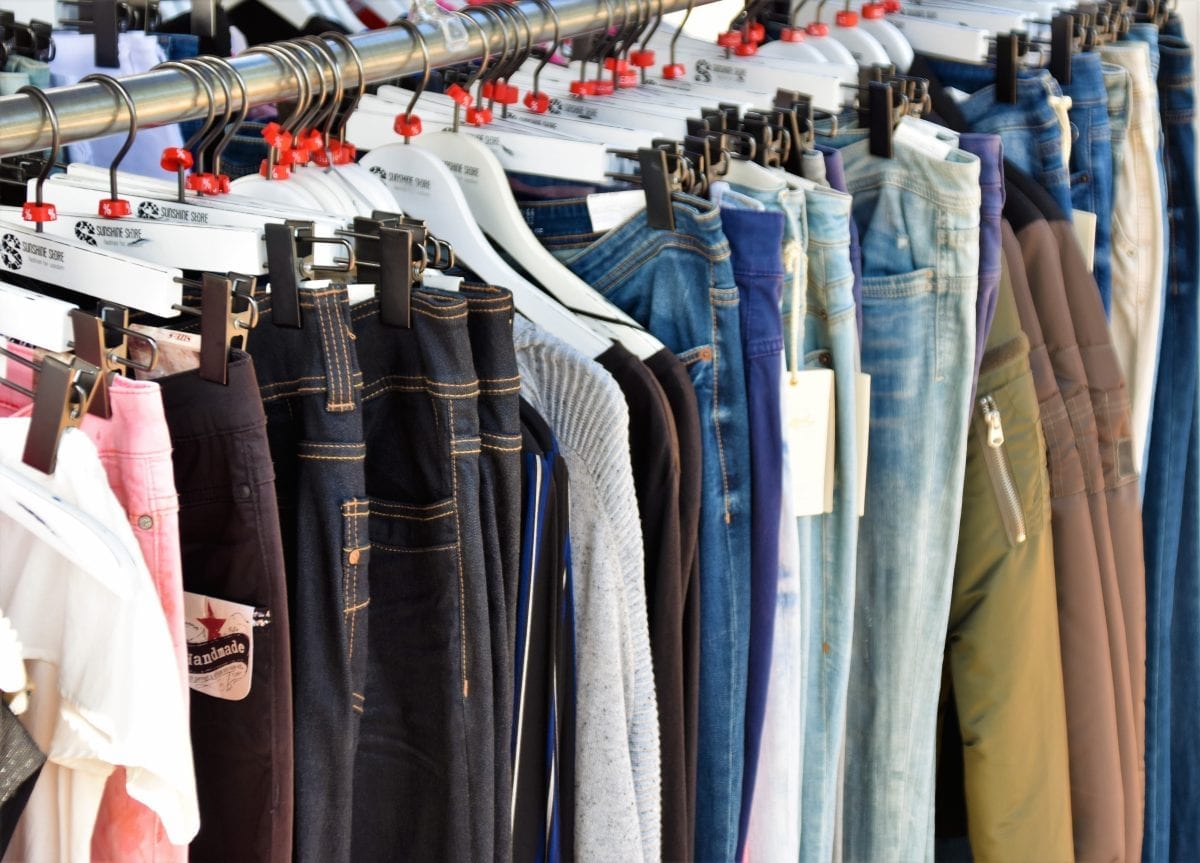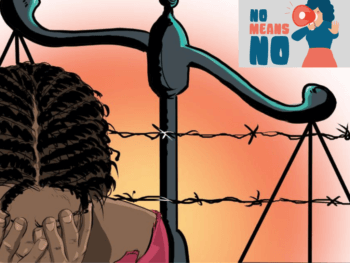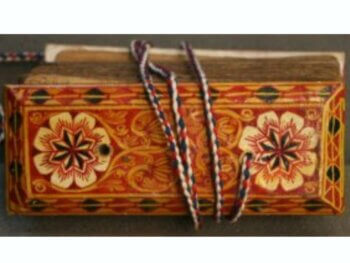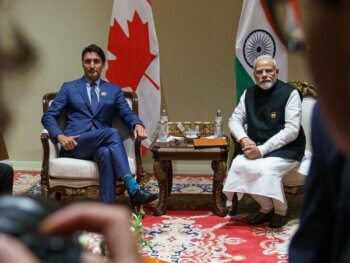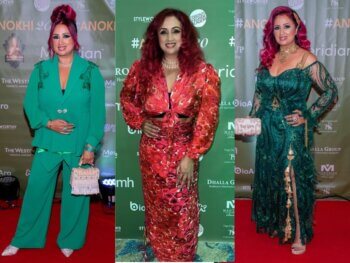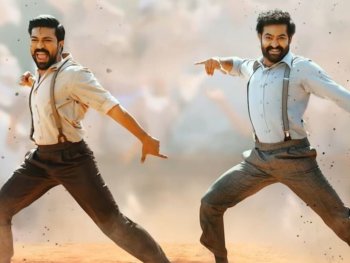Now that we are staying home a lot more than before, online shopping is a great way to try to keep some normalcy in our world. But when a distraction is needed, there’s that risk of getting completely lost in the virtual world of beautiful designer pieces. What’s wrong with a little ray of sunshine to brighten up our fashion-loving world right? Stop right there. When it comes to shelling out the cash for designer clothes, why do we lose our perspective and go beyond what we can afford. The result? Going into debt. Why do we still do this?
What Pisses Me Off: Going Into Debt For Designer Clothes
To be clear, this article isn’t to shame any readers who purchases designer clothes; making people feel bad is never our intention. If you have the funds, spend them how you want! This rant is about the pressure that can come with feeling like we need designer clothes to be fashionable and the choices people make when prioritizing designer purchases over their basic needs and or planning for their future.
I believe in the benefit (and importance) of showcasing your own personal style (whatever that may be). Taking pride in your appearance and putting yourself together in a way that makes you feel comfortable can make it easier to navigate throughout your day. What I don’t agree with is that to have good style you have to rock designer fashions. I think everyone should wear what they like but also what they can afford and realistically most people (not all but the majority) don’t have the extra cash to spend hundreds and/or thousands on one purse or pair of shoes.
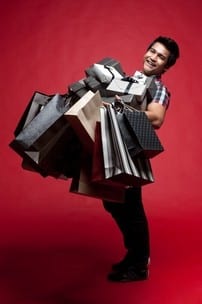
Why is designer-debt a problem?
Because debt is a real problem and purchasing clothes/accessories is contributing to that. A little too often, people are swiping credit cards in a designer daze to purchases clothes for themselves and/or others. People all over the world are facing thousands in debt and we aren’t saying buying designer clothes is the biggest cause but it is a factor for some people.
What’s causing this designer-debt problem?
Several factors and I’m not claiming to provide or know all of them but here are some:
The power of advertising. We are completely bombarded with marketing campaigns and advertisements; the Fashion Industry spends over $500 Billion USD a year on advertising. We can’t walk down the street without interacting with some form of advertisement and it becomes easy to live with a perspective that we constantly need to be purchasing.
Social media. Not only do we see advertisements when we leave the house, but social media and technology make us accessible to brands even in the comfort of our own home. Our search histories and algorithms are tracked so closely that even a quick google search can push a relevant advertisement our way (have you experienced looking something up and then suddenly seeing an advertisement for something similar on your Instagram?)
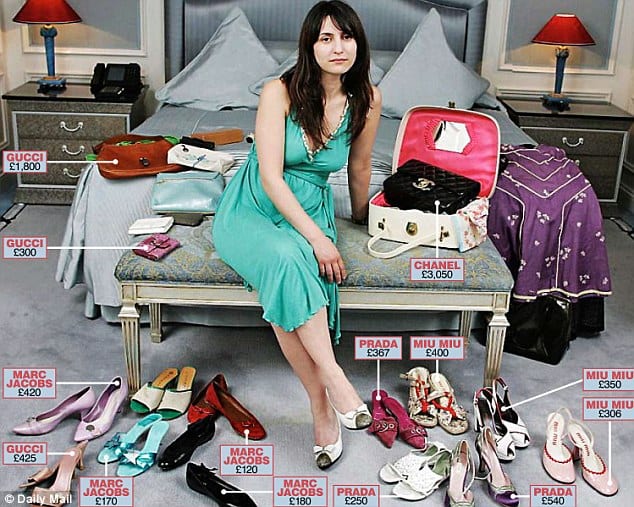
Constant comparison. With so much imagery coming to us from different angles, it is easier than ever before to navigate life in a constant state of comparison. This makes it easier to judge ourselves (and others) on physical appearance and overall aesthetic. We see celebrities and “influencers” living lavish lifestyles and the message that can come across is to live like them vacationing on beautiful yachts, basking in the sun we need to look like them – fashion plays a huge role in that.
A deeper-rooted, personal issue. Yes, there are bigger addictions that can cause higher levels of harm (for example substance abuse) but we must recognize that shopping can also be a harmful addiction. Excessive shopping can lead to mental stress for the shopper (and their loved ones), a lack of trust and debt. There’s a “high” that comes with shopping that people can become addicted too. People can also use shopping as a coping strategy to “feel better” which can lead to developing a habit of self-regulating with external factors instead of facing what’s really bothering us.
What can we do about it?
Dig deeper. Increasing awareness on what drives you (your intentions) is not always easy but it is always helpful. If you’re accumulating debt for designer clothes, ask yourself why they are such a priority to you that you’re willing to sacrifice other needs for them? Will the clothes get you to your end goal (e.g. if you want to own a home, racking in thousands in clothes debt is not going to get you closer to accomplishing that)? If you’re paying off student loans, does it make sense to buy designer instead of paying them off first to avoid paying interest rates? Is there a void that the clothes are filling? Do you feel pressure due to your social circle? Remember, comparison is the thief of joy – you shouldn’t have to spend what you don’t have to keep up with your friends (if you feel that pressure and/or stress, you may want to expand your squad). There’s no one, easy, “one-size fits all” answer to any of the above but the key is to start asking the questions.
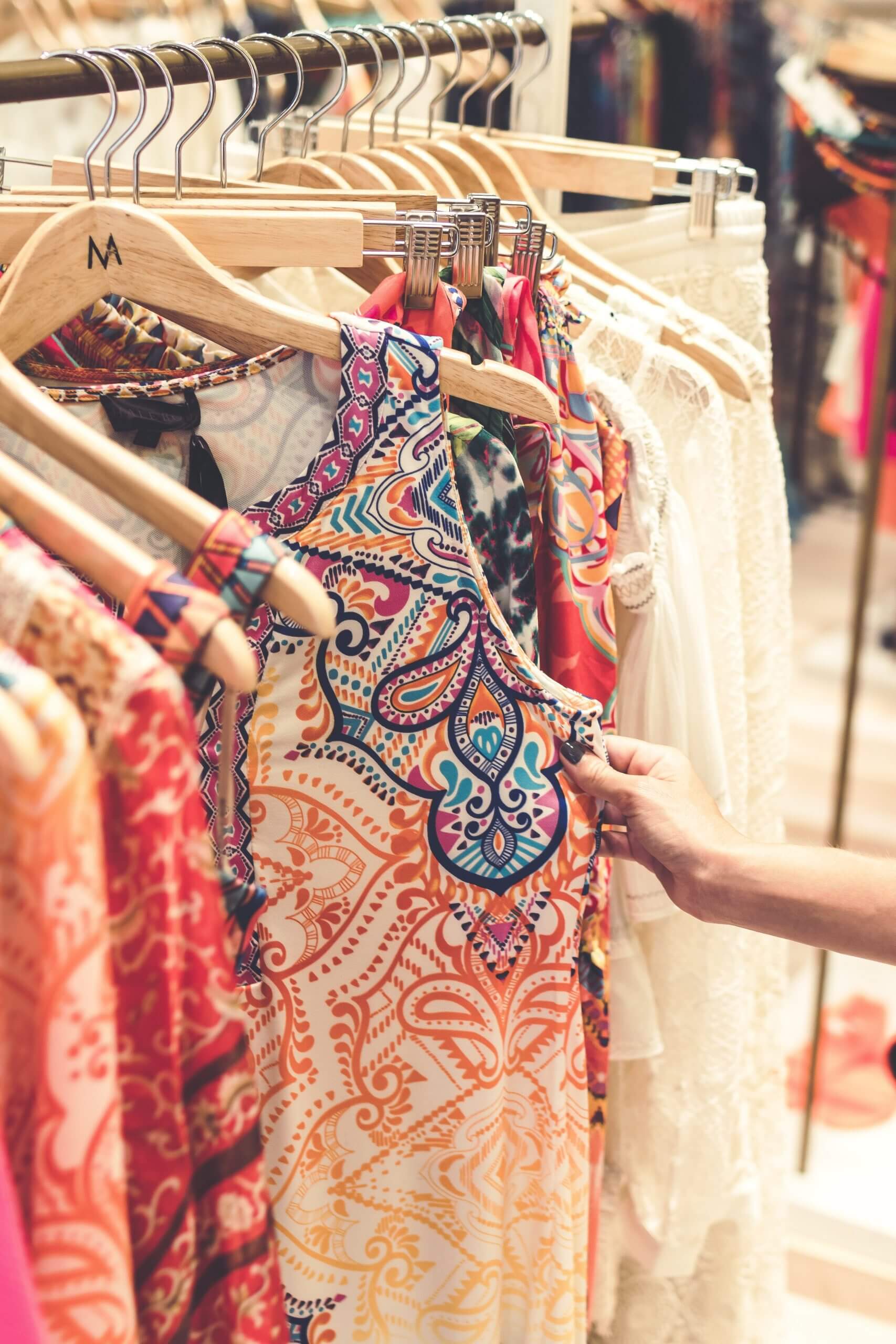
Check yourself. Remind yourself that good style is not dependent on designer clothes and/or accessories. Style is more about how you put yourself together and less about the labels you’re doing that with. You can have the most expensive garments but that doesn’t mean they will automatically lead to a nice outfit. Mix it up; your style should reflect you, not duplicate a designer.
Create a budget. To know when you can and cannot afford indulging in a hefty priced item, stay on-top of your finances by planning accordingly. Check out some practices that can help you stay mindful about money here. Don’t forget to check your credit card interest rates – not paying off a purchase in-full can add a lot to its cost.
Go to or host a clothing swap. If you’re tired of items in your closet, don’t trash them, trade them! Not only is a clothing/accessories swap good for finances, it creates an opportunity to connect with others and promotes recycling clothes (which reduces our environmental impact).
Sell your stuff. Not interested in a clothing swap? No problem! If you Do you have a beautiful garment or accessory still in good condition, try selling it. One of the benefits of technology is there’s a few options to help you turn your clothes into cash (eBay for example). If you’re not tech savvy, check out your area and see if there’s a store that will buy your goods from you.
Main Image Photo Credit: www.unsplash.com
Rachna Sethi
Author
Rachna (@thesassyspiritual) is a graduate of the Applied Mindfulness Meditation program from the University of Toronto, a certified Educator with two bachelor degrees and a diploma in Art Therapy. She's dedicated to living with a compassionate approach. Committed to helping people integrate Mindfuln...


















































